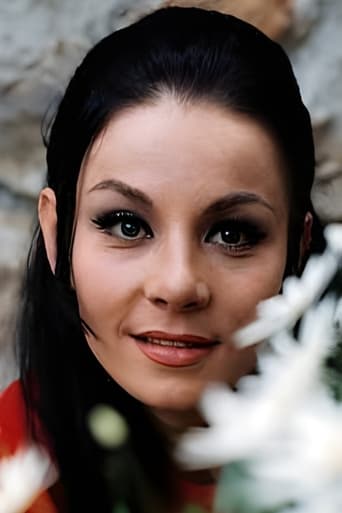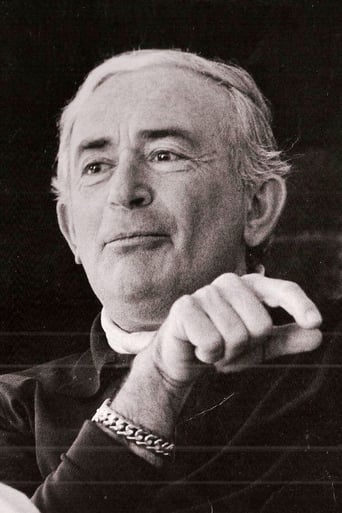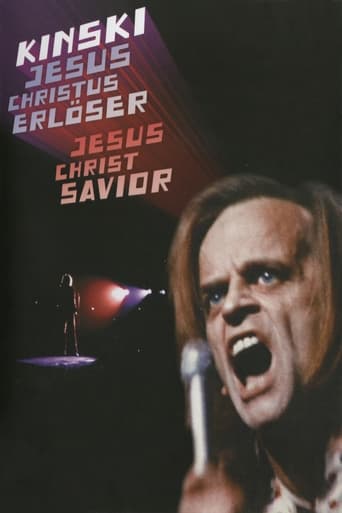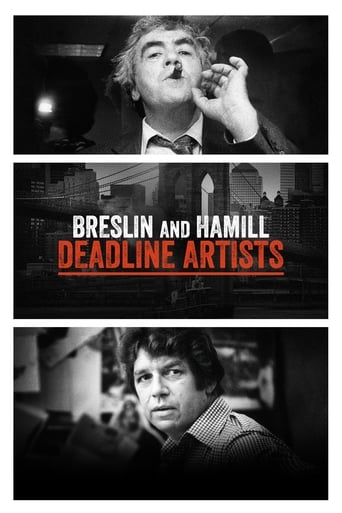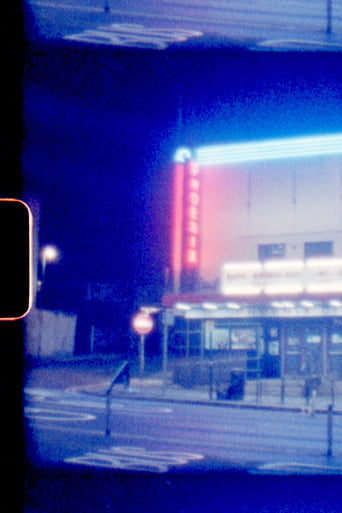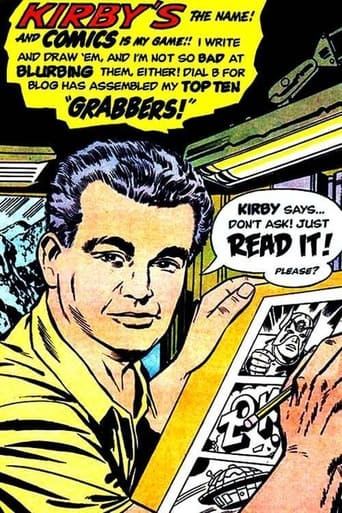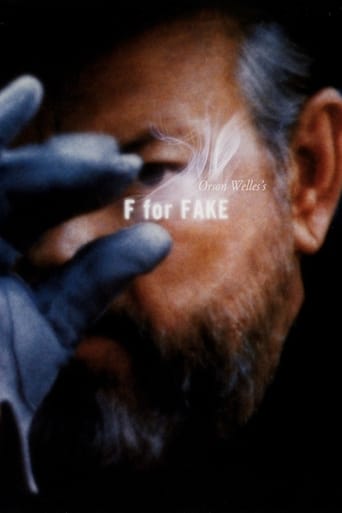
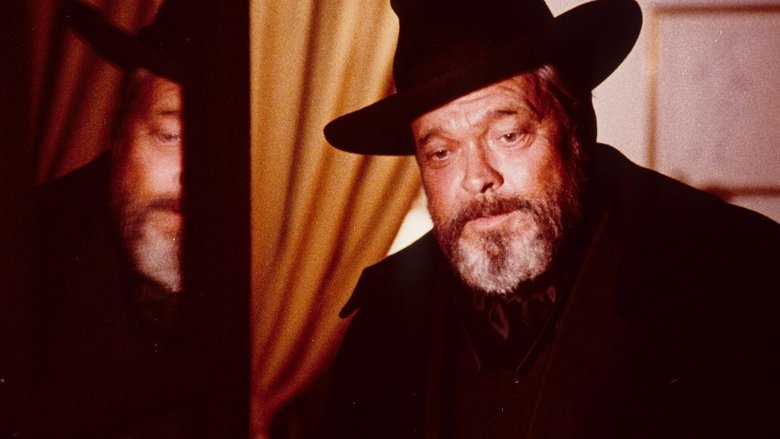
F for Fake (1977)
Documents the lives of infamous fakers Elmyr de Hory and Clifford Irving. De Hory, who later committed suicide to avoid more prison time, made his name by selling forged works of art by painters like Picasso and Matisse. Irving was infamous for writing a fake autobiography of Howard Hughes. Welles moves between documentary and fiction as he examines the fundamental elements of fraud and the people who commit fraud at the expense of others.
Watch Trailer
Cast


Similar titles
Reviews
Clifford Irving, the man who faked a Howard Hughes Biography, plays himself in this Orsen Welles phony documentary, about Howard Hughes. This fake documentary has a better reputation than Irving would get years later when he is involved in a movie about his fake bio of Hughes.There is something about the majesty of Welles voice that is like a fine wine that is uncorked at it's time. It lends a genuine feel into a fake F here. Welles experiments with the camera, and tells the story of a forger here.Lawrence Harvey appears as himself too. The Manchurian Candidate actor would die in less than a year after he appeared here. Welles would appear in a little known documentary later that year, Kelly Country with Sidney Nolan later that year. Welles would be very busy from here until his death later in the 1980's.Artists in simple greed is from artists pretty good or pretty bad says Welles in this film.
It's fitting that this gem should be reissued in the very month that the academic-pseud axis finally managed to oust Citizen Kane from its rightful Number One position in the International Best Film Poll conducted by Sight and Sound, itself pseud heavy, on behalf of pseuds everywhere. F For Fake is old Awesome at his most playful, most creative, most imaginative, three qualities sadly lacking in Pretender Hitchcock as evidenced by the pretentious Vertigo, new Number One (for all of five minutes). Against both the odds and the laws of nature Welles contrives to cram a quart of genius into a pint pot of screen, entertaining, instructing, amusing, diverting at one and the same time and always with a firm grasp on Style. A great bookend to Kane and one to savor.
If you like Orson Welles -- the man and the voice -- you'll love this. He wanders through this documentary in his black cape and wide-brimmed hat, puffing on a colossal cigar, using his walking stick as a lecturer's pointer, and reciting the writers' lines, and some quotes from Kipling, in that mellifluous, sonorous baritone. He sounds like a stage hypnotist. He even gets to demonstrate some of his magic, making bodies disappear (through phony photography). He's a complete fake. He admits it freely and he's utterly charming.Substantively, the chief subject is Elmyr de Hory. He's a big fake too, a Hungarian gnome whose own painting failed to sell, so he took to more or less expertly copying the works of the masters -- Picasso, Toulouse-Lautrec, practically anybody. He can dash off a Bernard Buffet in the blink of an eye and then cheerfully burn it in the fireplace. He spent a little time in jail but, as he insists, he was "interned" over some passport dispute, not doing time as a prisoner. As of the time of filming, de Hory lives in a mansion on Ibiza overlooking the Mediterranean. He speaks several languages, hosts international celebrities at lavish parties. But he mourns that he's only renting this palace. He doesn't own it. He has hardly a penny.Does he blame himself for having blatantly defrauded innumerable museums and art collectors? Like hell. To hear de Hory tell it, he was performing a public service. Man, did he teach those so-called art experts a lesson in humility. He ought to get a medal.Less time is given over to other frauds, sometimes in a confusing manner. Clifford Irving -- who is by now mostly forgotten -- shows up as a de Hory admirer on the periphery. Irving did a biography of de Hory. I don't know if the art experts learned anything from de Hory but Clifford Irving certainly did. Irving cooked up a fake autobiography of billionaire Howard Hughes and got caught. You can catch Richard Gere giving a fake sympathetic portrait of Clifford Irving in "The Hoax." Also present are some other frauds, including Oja Kodar, a beautiful young woman who was Picasso's mistress and model during his last years. He pained some twenty portraits of her, most unrecognizable. She convinced him that the portraits should be hers and kept private. Picasso agreed and shortly after Kodar left, she was raking in the shekels by showing them in movable displays. At least that's the impression I got. It was all a little murky, like the fake fog in which Kodar herself is enveloped on screen.The general point being made, I think, is that the world is full of deceit -- in and out of the snobbish art world. Well, that's unarguable. All of us lie all the time, beginning with exchanges like: "How are you today?" "Fine." Every sociologist knows this.But for all the flamboyance of the narration, all the flowery prose, it misses something. Namely, it misses the fact that some fakes are worse than others. De Hory's fakes cost people a lot of money, one way or another. If he wanted to teach the art world a lesson, why didn't he paint a bunch of convincing fakes and display them and sell them for what they really were? His professed motive is as fake as his product. That's not even to get INTO Clifford Irving, the smooth-talking snake-oil salesman who finagled something like a million-dollar advance on his carefully contrived "autobiography" of Hughes. When interviewed about the affair after his conviction, Irving quickly switched his role from "perp" to "vic," carrying on about how his children suffered during his troubles.Of course de Hory is charming, and so is Irving, and so was Bernie Madoff. They MUST be charming if their lies are to be believed. The film left me feeling as I always do when I think about these psychopaths. They shouldn't be living in mansions, they shouldn't be beaming about their accomplishments in a movie. They ought to be in jail.
that Welles said was that he's been in decline his whole career.There was an interesting story here. Unfortunately, Welles seemed completely incapable of telling it. Instead, he was trying to tell a bunch of different stories, about Elmyr, about Clifford Irving, about his pompous view of critics and experts, oh, yeah, and trying to jump start his current girlfriend's career by giving her unneeded screen time. (Oja, honey, when they told you to sleep with the director, they didn't mean one washed up like a whale on a beach!) Welles was probably trying to cash in with a bunch of footage of Clifford Irving as Irving was becoming a household name with his role in the faked auto-biography of Howard Hughes. Unfortunately, it means the subject of his film, Elmyr, didn't get the time he deserved and he was probably the more interesting story.The great tragedy of Orson Welles was that he peaked early, and then spent the rest of his career sputtering, finally doing wine commercials and awful documentaries...



